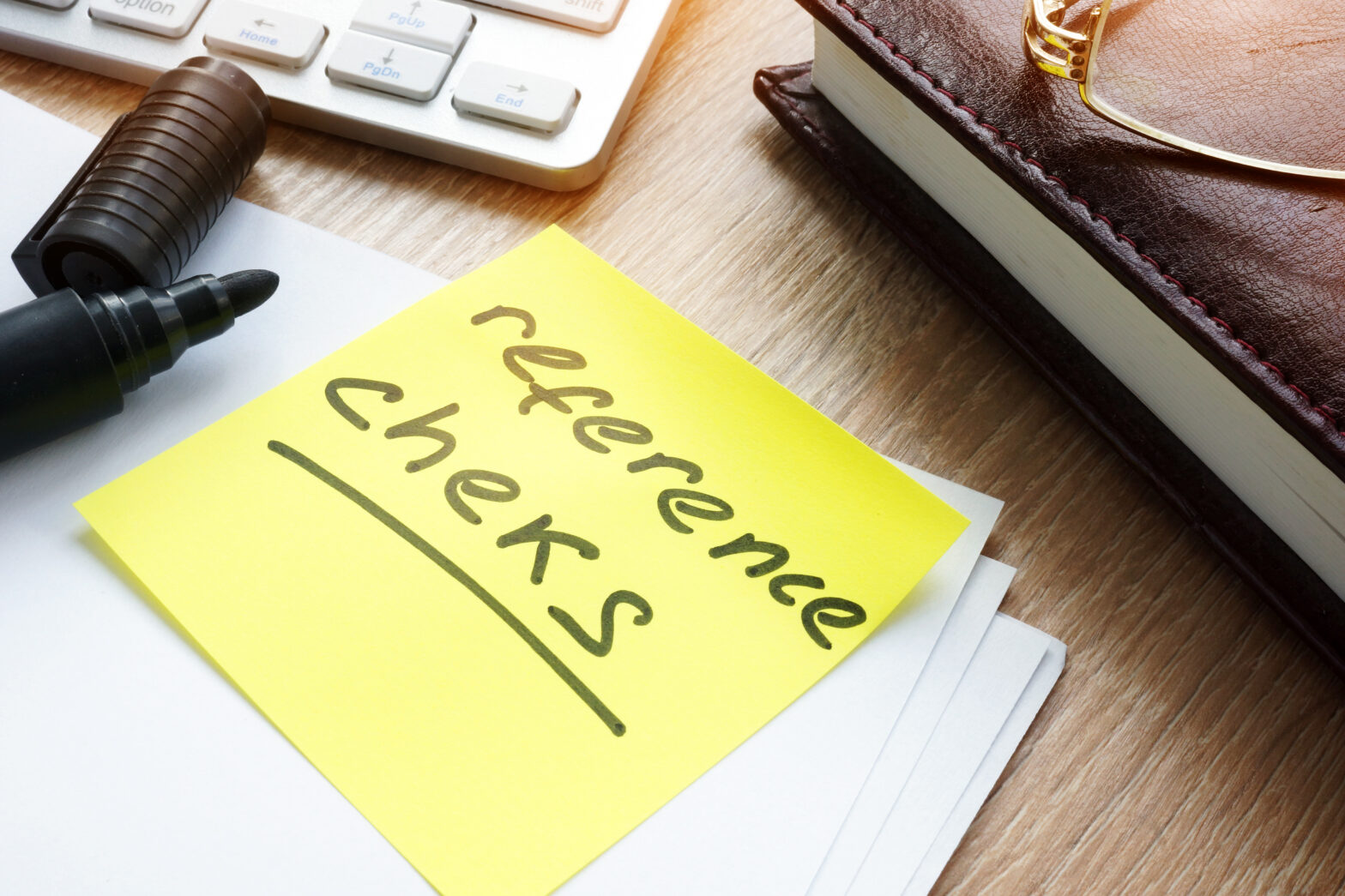The Lee Group, a leading staffing and executive search firm headquartered in Newport News, has announced new leadership as longtime executives Walt Graham and Eric Kean retire. Wes Ashworth and…
Read More

So, about those references — no doubt, they are good ones. After all, why would you offer the contact information for someone who would give you a bad reference?
“There’s no such thing as a bad reference,” said Eric Kean, Principal at The Lee Group.
That said, take into account these considerations when passing along references to a potential employer.
From the boss
If you can get a quality reference from the supervisor in your last job, that’s gold.
“Who was your direct boss?” Kean said. “That’s who your next employer wants to hear from.”
Can you get a reference from your boss’s boss? That works well, too.
It’s best to be ask your employer before you leave a job if he or she would be willing to supply a written statement about you and your performance or if a phone call works best. It’s reasonable to request a LinkedIn recommendation. You can add the written statement to your LinkedIn profile yourself as a recommendation. If you have a written recommendation, don’t hesitate to bring it with you and attach to your resume.
If you are not comfortable asking your former supervisor for a reference, check with someone else you have worked closely under or a colleague. While it’s best to have a reference from the last supervisor you worked for, it’s also acceptable to ask former bosses from previous jobs.
Be proactive
If your former supervisor will talk about how you shine as an employee, don’t wait to share that reference with a potential new boss.
Be proactive during your job interview and offer something like this: “John Smith is the Director of Sales. I reported directly to him. Here is his number. Feel free to give him a call. He can tell you everything you want to know.”
“The fact that you’re offering contact information is a good sign,” Kean said. “Most people wouldn’t even call after that. That shows you’re an book.”
Be current
No one wants a reference from 25 years ago. Aim to make your references speak about your recent former professional experience. A specific example of how you contributed to a project or collaborated with a team is ideal. Kudos if a reference can speak to how you are always a team player.
If you’re just starting out
References from family members, pastors or neighbors don’t amount to much with a potential employer, Kean said.
If you’re fresh out of college, ask a former professor for a reference. If you’ve worked closely with a dean or department head, either can serve as a reference. Certainly a supervisor from an internship works.
If you delivered pizza to earn money while in college or held a part-time job that isn’t related to your field, you can still ask for a reference from that supervisor. You want that reference to speak to your work ethic, attendance and soft skills that employers value.
If you’ve volunteered with a nonprofit on a regular basis, you reported to someone. Ask for a reference from that person.
The unofficial reference
Whether you’re interviewing with a recruiter or potential employer, they could easily be connected to someone in your circle.
It’s not unusual for a hiring manager or recruiter to have multiple contacts at a company and tap into that network to ask about you.
“It boils down to who you know,” Kean said. “It’s great if the candidate’s story checks out. That gives the client great comfort because there’s no such thing as a bad reference.”
